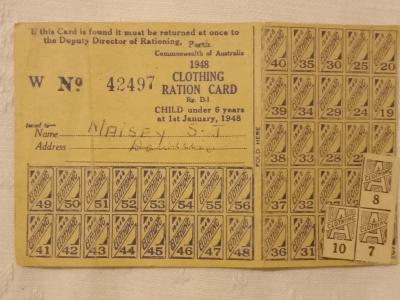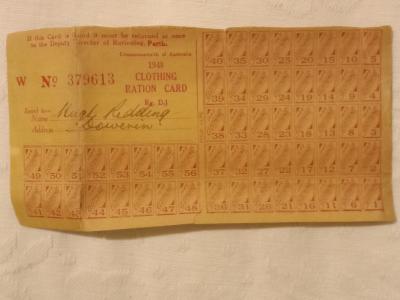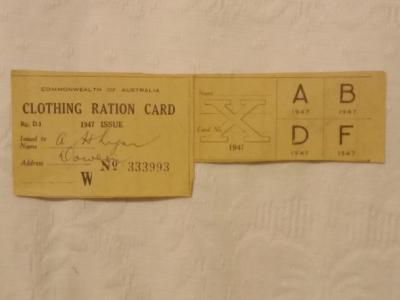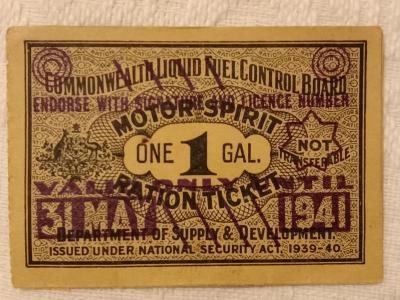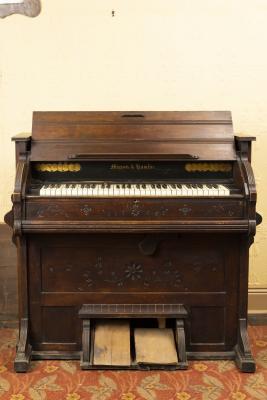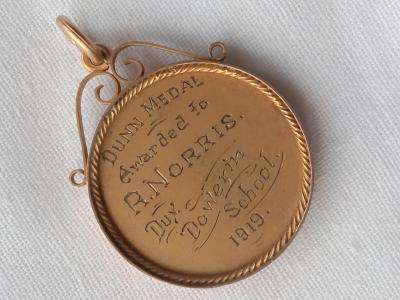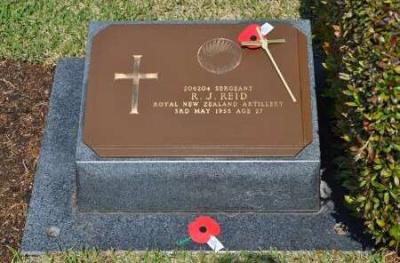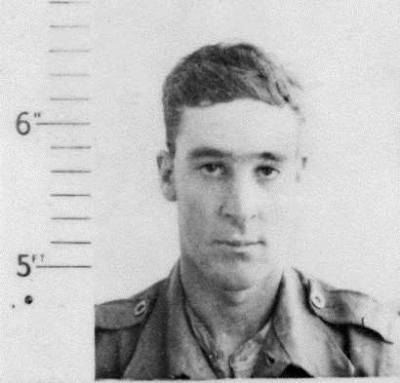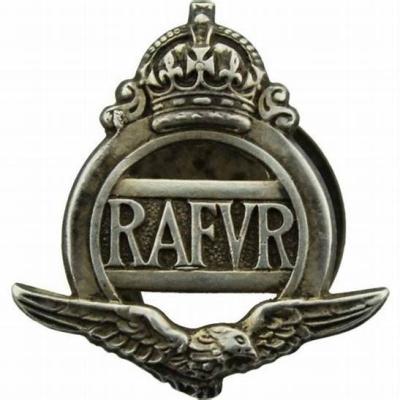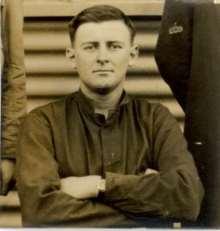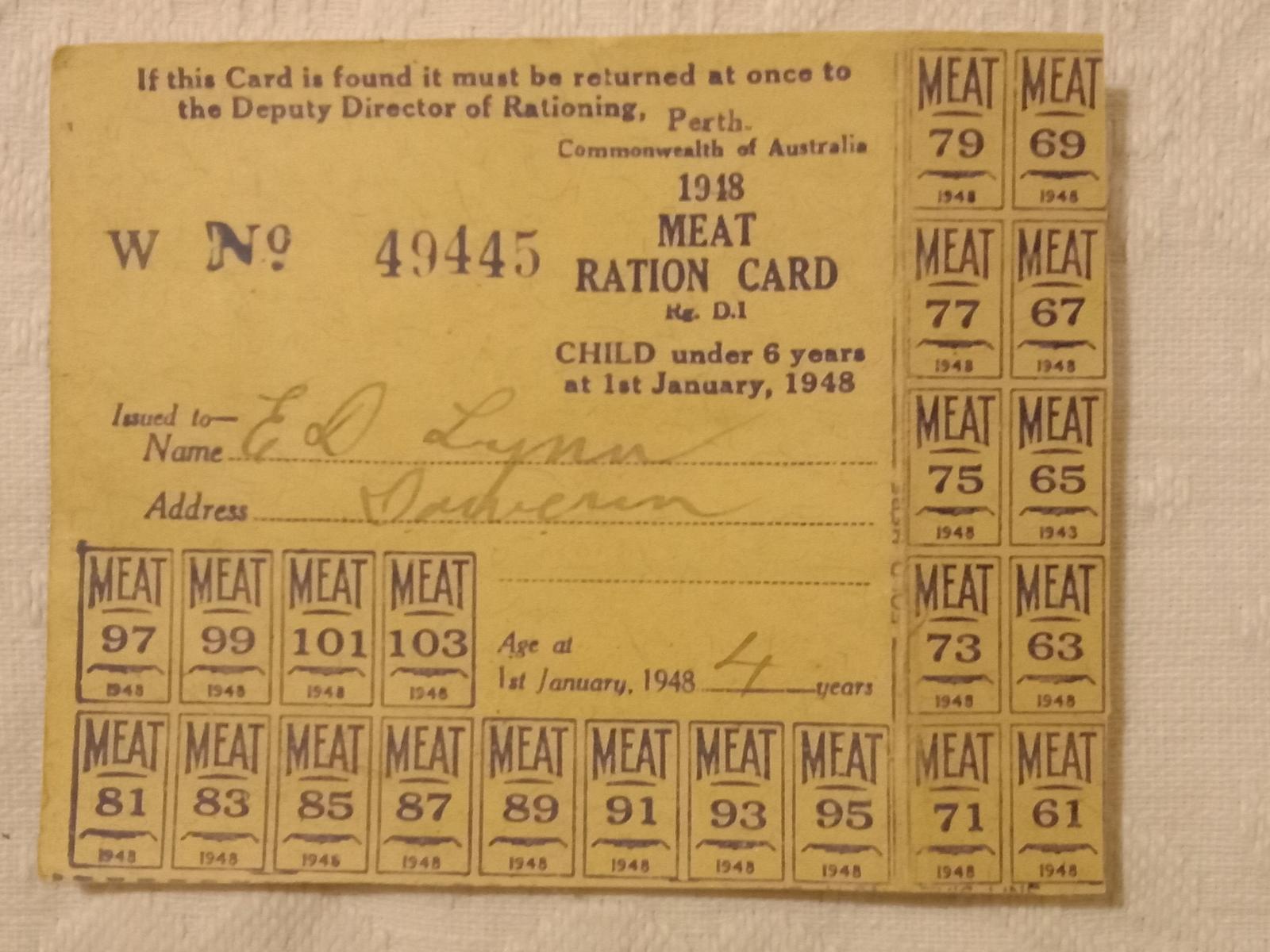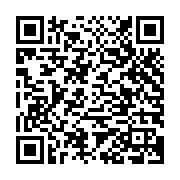Meat ration card 1948
During World War II food and clothing were rationed in Australia from May 1942, to reduce spending so that people could put more money into war loans, to limit shortages and to ensure an equitable distribution of resources. Australians were never as short of food as people in Britain, but there was rationing of clothing, tea, sugar, butter and meat and sometimes eggs and milk. Each week each person was allowed 1 kilo of meat, half a kilo of butter, 1 kilo of sugar and the ration of tea was 250g each 5 weeks with smaller rations for children. Later in the war many rations were reduced. In Dowerin many people had access to meat, milk and butter and vegetables from their own gardens and farms. The Lynn family and the Maisey family did not use all their coupons.
Details
Details
This meat ration card was issued to E.D. Lynn, aged 4 years at the beginning of 1948 when this card was issued. Each of the small segments would need to be surrendered when purchasing meat. Clearly the Lynn family did not require all of their ration of meat.
Other items from Dowerin District Museum
- Clothing ration card for a child.
- Clothing ration card for 1948.
- Clothing ration card for 1947.
- Not Forgotten. 3705 Private Joseph Herbert Anderson, 11 Battalion AIF, World War 1
- Not Forgotten. 4008 Private Leslie Anderson, 32 Battalion AIF, World War 1
- Fuel ration card
- Mary Couper's pedal organ
- Dunn Medal given to the dux of the Dowerin School in 1919
- Not Forgotten, 206204 Sergeant Reginald James REID MM, 16 New Zealand Field Regiment, Korea
- Not Forgotten, WX1893 Private Angus Frank WINDSOR, 2/11 Battalion AIF, World War 2
- Not Forgotten, 117114 Flying Officer Vernon Hopetoun SMITH, Royal Air Force Volunteer Reserve, World War 2
- Not Forgotten, 427933 Flight Sergeant Geoffrey Goodhand PARKER, 104 Squadron, Royal Australian Air Force, World War 2
